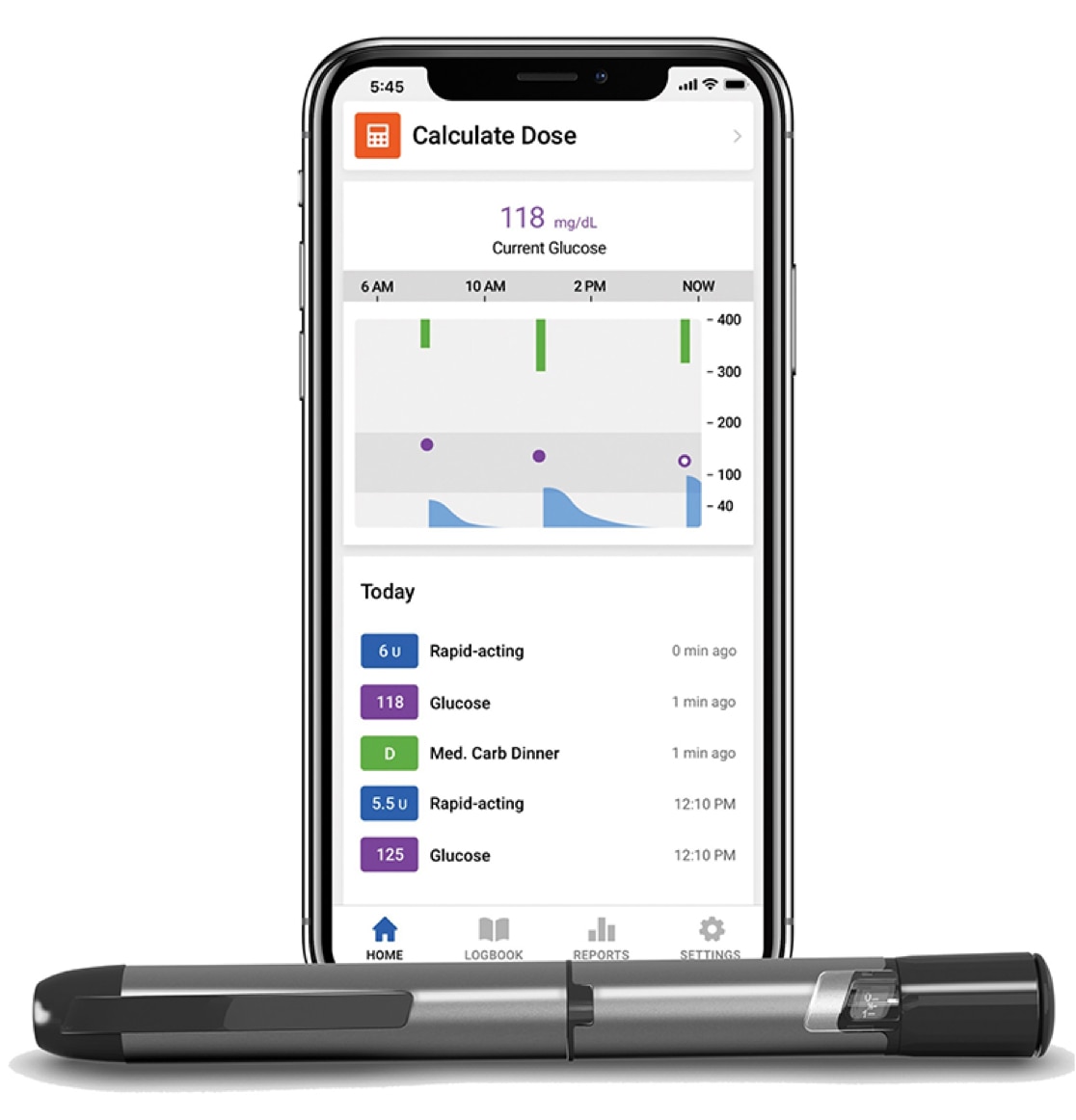Diabetes
A new way to manage multiple daily injections (MDI)
Now you can use an insulin pen without sacrificing data and decision support. The InPen™ system enhances how you manage MDI because it tracks your data in real time and offers personalized dosing recommendations.
Empower yourself. Understand your condition.
Being informed about your health is the first step toward getting the right care.
When you’re down for the count and you get your life back, it’s indescribable.”
–Gary, person with Parkinson’s
Need diabetes supplies?
The Medtronic online store offers free, 3-day shipping on all orders.

What can we do for you?
We're available to provide general information and answer questions about our devices and therapies.
Learn about your treatment and therapy options
Find out what to expect from a Medtronic treatment or therapy — and what comes next.
Just to be able to identify the issue, to address it, was a huge thing.“
–Stephen, unexplained fainting patient

Stay heart safe
Some cardiac devices may be affected by electromagnetic fields.
Important safety information for InPen™ Smart Insulin Pen:
The InPen™ is a home-use reusable pen injector for single-patient use by people with diabetes under the supervision of an adult caregiver, or by a patient age 7 and older for the self-injection of a desired dose of insulin and for calculating an insulin dose or carbohydrate intake based on user-entered data. A healthcare professional must assist in dosage programming of the device prior to use, based on various patient-specific criteria and targets. The InPen™ requires a prescription. For additional product and safety information, please consult the Instructions for Use and http://bit.ly/InPenRisks.
Rx only. Under age 7 requires supervision of an adult caregiver. User interaction, compatible device, proper pairing and settings required.
